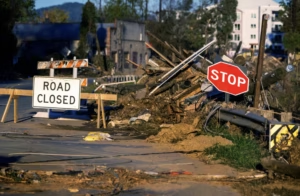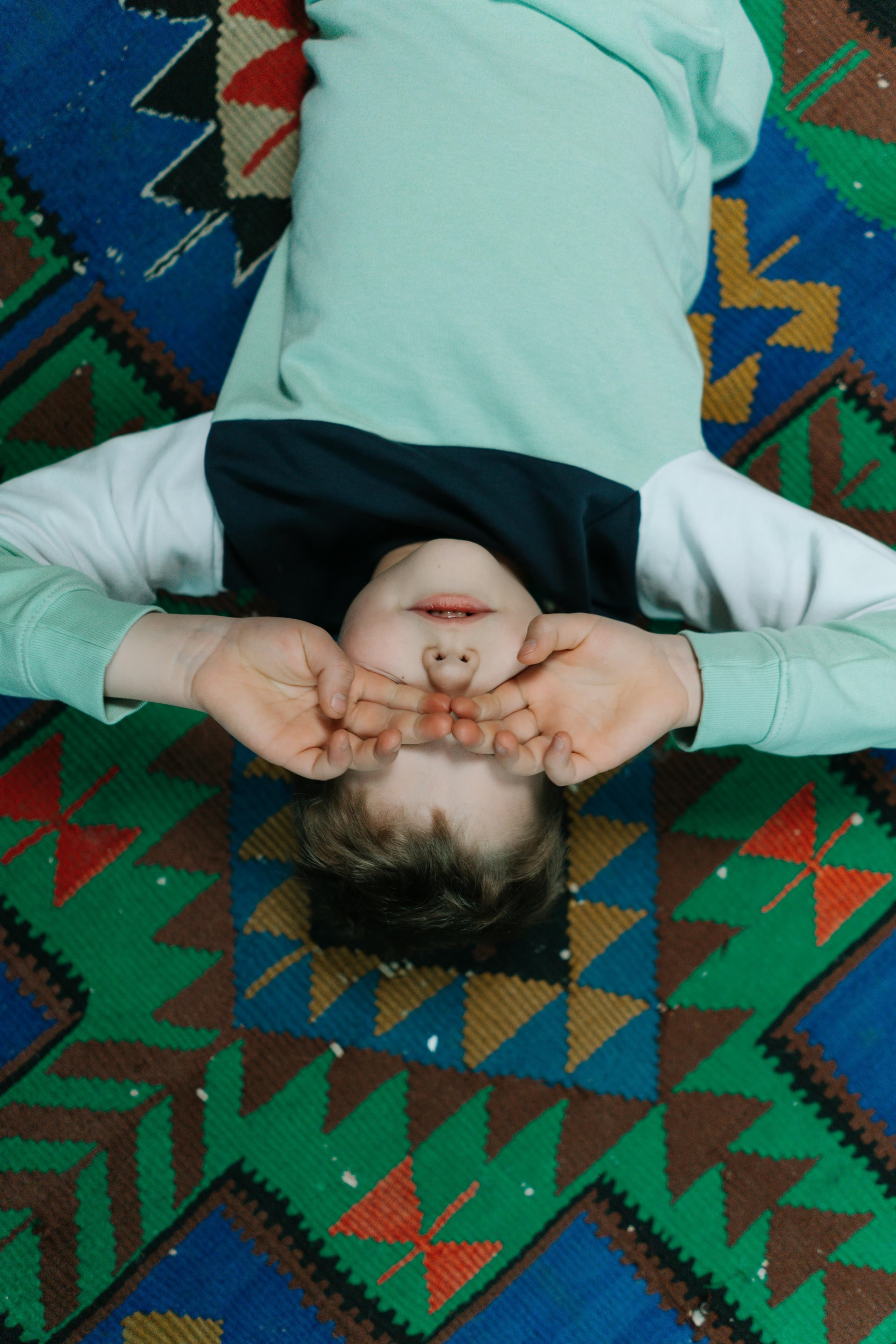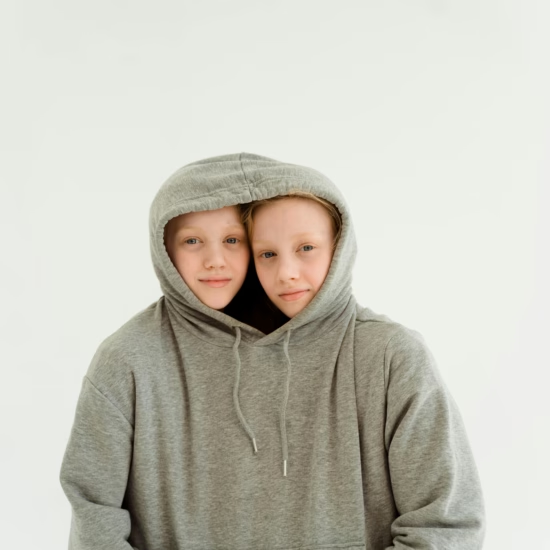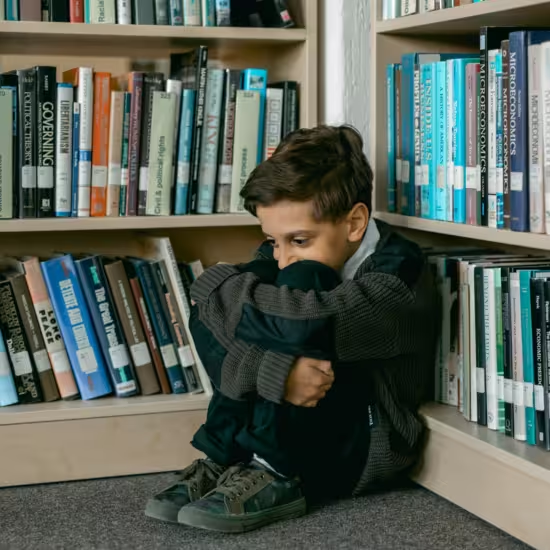There have been a lot of unpredictable and unexpected happenings in the world lately. From fires in California to 100+ mile an hour winds in the UK, routines have changed, schools have closed, people have been asked to evacuate their homes or been without power for days.
Change can be difficult for anyone, but for autistic twins, it can feel like a rollercoaster on overdrive. The familiar routines and predictable patterns that provide comfort and security are suddenly disrupted, leaving them feeling disoriented and overwhelmed. Autistic brains often thrive on routine and predictability, being wired to seek order and consistency. Any changes from the expected can lead to anxiety and sensory overload.
As a parent of autistic twins, you might understand this struggle intimately. Anxiety and frustration can arise when the unexpected throws their world off balance.
What types of change?
From Covid sheltering to unexpected weather, sometimes change is just inevitable. These changes can significantly impact daily life, even when it’s not in our local area. Our global world is interconnected, with incidents happening half-way around the world impacting on travel and supply chains, causing the possibility of local disruption.
Autism and unexpected events

The recent fires in Los Angeles have burned an area of more than 40,000 acres and have led to the evacuation or disruption for more than 200,000 residents. More than 12,000 structures have been destroyed. Jet is an autistic 6 year old. His home in Altadena was destroyed, so the family have moved to a different town 20 minutes away. Their temporary home is full of donated furniture and his special education school has been closed. Jet’s mom says he’s been upset by all of the changes. Jet buries his head in the couch cushions and says his house is “broken”.

Hurricane Helene’s impact on autistic students was significant and multifaceted. Many autistic students found the storm’s unpredictability led to increased anxiety. Sensory overload from loud noises, bright lights, and unfamiliar environments was a major concern, along with smells caused by stagnant water or mold. Displaced students faced challenges adapting to new living situations and navigating unfamiliar schools, potentially disrupting their education and support systems. Additionally, the loss of personal belongings or damage to homes had significant emotional and day to day practical consequences.

Supply chain issues and inflation also can create a significant impact for autistic twins. Economic factors have led to increased costs for essential goods and services, making it more difficult for families to afford necessary resources for their children. This includes things like specialized therapies, adaptive equipment, and sensory-friendly products. The lack of availability of certain items due to supply chain disruptions can also be particularly challenging for autistic children who rely on specific routines and sensory experiences. This can lead to increased anxiety, frustration, and disruptions to their daily lives. I regularly see posts on Facebook about autistic people searching for specific items that they can’t find but they just need.
Furthermore, the financial strain caused by inflation can make existing challenges for families of autistic children worse. Many families already face significant financial burdens due to the high costs associated with raising autistic twins, increased costs for groceries, housing, and transportation can put additional pressure on family budgets. This can result in difficult choices about which essential needs to prioritize. This financial stress can also have a negative impact on the mental and emotional well-being of both parents and children.

Television news coverage of riots or war can have a profound and distressing impact on autistic children. The sensory overload presented by these broadcasts is a major concern. The constant barrage of loud noises, such as sirens, explosions, and shouting, can be overwhelming and excruciating for children with heightened sensory sensitivities. Similarly, the jostling of cameras or rapid cuts, flashing lights, and graphic images often associated with such news coverage can trigger anxiety and even cause physical discomfort. This sensory bombardment can lead to meltdowns, difficulty sleeping, and significant emotional distress.
Beyond the sensory overload, the content itself can be deeply upsetting for autistic children. The depictions of violence, destruction, and human suffering can be difficult anyone to comprehend and process. Many autistic children struggle with abstract concepts and may interpret the news literally, leading to intense fear and anxiety about their own safety and the safety of their loved ones. The unpredictable and chaotic nature of these events can also be particularly distressing for children who thrive on routine and predictability.
What’s so different about twins?
Your autistic twins may just be used to being together and a change that disrupts one twin’s routine can have a ripple effect on the other, leading to a domino effect of anxiety and distress. For instance, if one twin’s school is cancelled, it can disrupt the established routine of both twins, even if the other twin’s schedule remains the same.
Autistic people often experience emotions more intensely than their neurotypical peers. In the case of twins, this emotional sensitivity can be further heightened due to their close proximity. One twin’s anxiety or distress can quickly transfer to the other, creating a cycle of emotional escalation. If one twin is feeling anxious about a change in their routine, this anxiety can easily transfer to the other twin, even if they were initially not as concerned.
Autistic twins might also react differently to sensory stimulation as they could be more in tune with each other’s sensory experiences. This means that a change that might be mildly irritating to a neurotypical individual could be significantly distressing for autistic twins, who are not only experiencing their own sensory overload but also picking up on their twin’s distress.
Strategies for helping
While change is an inevitable part of life, there are ways to make the transition smoother for your autistic twins. One effective strategy is preparation. Prepare your twins for upcoming changes well in advance. Use visual aids, social stories, or role-playing to help them understand what to expect. Break down the change into smaller, more manageable steps, and provide clear and concise explanations. For example, if you live in a colder climate, start talking about what might happen if schools are closed due to bad weather. Use social stories or other visual ways to describe what is happening.
You can try to find ways to maintain your routines and predictability, even during change. This provides a sense of stability and security for your twins. For example, if they are used to certain lessons or activities in the mornings, with lunch at 12pm, you can attempt to keep this schedule even while you are at home.
The Mental Health Foundation encourages parents to limit exposure to news that is frightening. This doesn’t mean not to talk about world events that are happening, but to keep the conversation focused on facts at a level that your autistic twins can understand. Provide them with opportunities to express their feelings and concerns about the news. Use visual supports, such as picture cards or sign language, if needed. If your twins have limited verbal communication, observe their behavior and body language for cues about how they’re feeling about the change.
Taking some action can also help your autistic twins feel more empowered and less like they have no control. For example, as a family you can plan out an emergency escape route, put together an emergency kit that includes flashlights or bottled water, or talk about who are safe adults that can help your twins if they need it. Teach children about fire safety and how to be prepared. You might want to ask what their favorite items or sensory supplies are to add to an emergency preparation kit, such as a favorite toy or noise cancelling headphones.
How do you help your autistic twins deal with unexpected events? Share in the comments below. Like our content? Why not buy us a coffee?
Be sure to subscribe for the latest news and updates!
This website uses affiliate links. We may make a small commission from purchases when you use these links, at no additional cost to you. As an Amazon Associate we earn from qualifying purchases.




